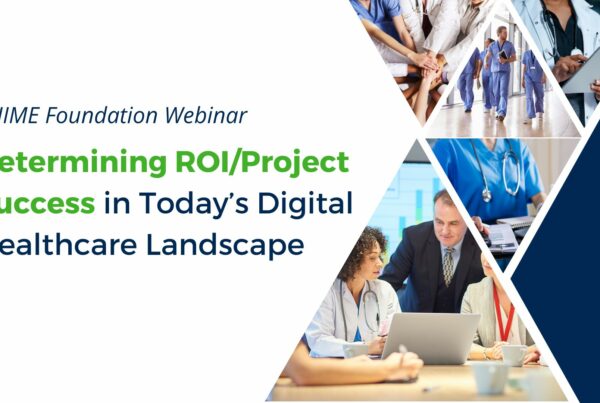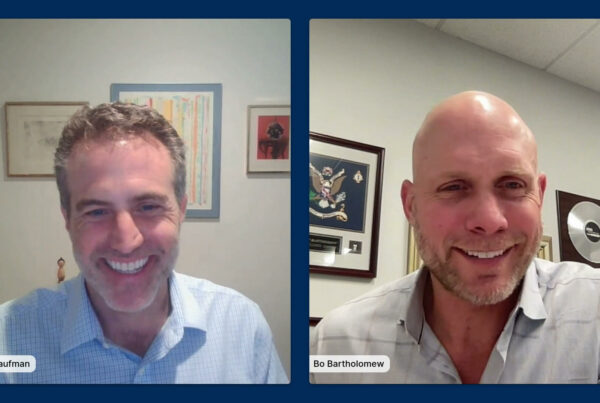Written by Nick Lorenzini, Senior Director of Engineering at EvidenceCare
I remember working in the Fedtech space and seeing Healthtech as the “no thanks” area of engineering. Who on earth would want to touch anything HIPAA-related?
Engineers usually avoid healthcare technology because it’s associated with:
- Corporate politics
- Bad data
- Chaotic development practices
- Outdated technology
- Insane compliance challenges
Looking behind the curtain of healthcare technology often feels like getting in a time machine to visit 2004 and someone just learned about Agile. Things we thought were dead (like Internet Explorer – even versions so old they’re no longer supported by Microsoft) are alive and well in healthcare.
Why Improving Healthcare Technology Matters
While technology may be outdated, there isn’t an area with greater need for improvement than healthcare, which also means it provides the greatest opportunity for impact for engineers.
As a dad of 8 children (not a typo), I’m in a doctor’s office at least every few months. Even in the large, refined health systems, there is still evidence of really old frameworks and infrastructure revealing an incomplete tech strategy to address the patient & clinician experience needs.
At a recent doctor visit, I watched a doctor struggle through the appointment because her Single Sign-on (SSO) to access the patient health record system was down; therefore, she couldn’t do anything (and I mean literally, nothing), other than just wait for it to come back up – we still had a long side chat, which was nice.
Even when it came back up, the performance was slow, and she kept apologizing like it was her fault (with me knowing it had everything to do with her environment and infrastructure).
Another example: In trying to pay a health bill, it takes me around 3 minutes (dedicated) to load the healthcare site, log in (even with the credentials saved), and get to the payment page. Contrast this with the 30 seconds to 1 minute it usually takes to pay your mortgage, credit card, and mobile bill.
This is a HUGE disparity. Both areas are held to the same credit card/payment governance (like PCI-DSS), so what gives?
And lastly, have you ever gone to the ER and felt like you waited forever for a doctor’s decision? A lot of the time, this is because the doctor is in a backroom surfing the internet or searching through their hospital’s PDFs desperately trying to find the right guidelines, criteria, or pathways for your condition. Shameless plug, but this is the issue my company, EvidenceCare, is solving by giving doctors those evidence-based guidelines directly in the EHR to optimize clinician workflows.
So why does improving healthcare technology matter?
Because if engineers turn a blind eye towards healthcare, we – the recipients of that healthcare – ultimately pay the price.
Jobs are abundant in Healthtech, but engineers continue to run after the carrot in other industries.
How Engineers Can Make a Difference
-
Face the politics; don’t run from them.
Don’t let healthcare politics make you cringe. I’ve found much of the regulation politics out there are regulations seeking to get healthcare organizations to move when they were once stale.
Daily corporate politics are a different approach, but it’s no longer limited to just healthcare, as all tech fields are becoming more political. The reality is that engineers can’t escape politics, so how can they make a difference?
There are plenty of great places to work in healthcare technology where colleagues are united around their purpose and goals. This dispels politics and makes how you work and interact with each other more important.
Engineers want to be in a place that makes a difference. The difference is made when your code ensures that what you wrote, empowers the clinicians to provide better care… plain and simple.
-
Get to know the data.
After spending the last three years in Healthtech, the data challenges are as complex as you want to make them. No different than any other tech industry. The challenge I’ve seen the most is that engineers, product managers, and database administrators do not have full awareness of their data.
Yes, the chaos of zombie tech and really old development practices are real, but they don’t have to be. Money is typically not the root reason for healthcare companies modernizing their tech and engineering orgs. The reality is often rooted in tech philosophy and risk tolerance levels that are exceptionally high, so technology leadership continues feeding a monster they hope won’t consume them.
But with focused, modern engineering best practices and leadership, data doesn’t have to be a monster. It can be a pet you nurture.
Speaking of leadership…
-
Lead with purpose.
I really appreciate that the Marine Corps instilled the “everyone is a leader” mindset in me, because it meant I had an obligation to speak up and make sure we took care of each other and the mission. In the Marines, we call it Troop Welfare.
You have an obligation too. The effectiveness of a leader’s decision is based on the information they’re given. Bad decisions are usually caused by bad information, so don’t be afraid to take action and speak up.
The best way to take action and speak up is through purpose-driven leadership. Purpose-driven leadership changes the definition of success. The team understands their role contributes to the company’s purpose as a whole. The individual’s goals are the same as the team’s goals. If success is purely individual, separate from team and company purpose, the results become skewed.
While everyone can be a leader, if you’re specifically responsible for leading a team, you need to be able to answer the question, “Do you know why you’re here?”
You cannot expect your team to follow a purpose unless you demonstrate it as the leader.
Similar to trying a “do as I say, not as I do” framework with your teenager, you can’t expect people to respect and follow something unless you’re doing it yourself. Be the example you demand others to be.
-
Believe the work matters.
I’ve known people who barely graduated high school but went on to graduate college with honors. We can do exponentially better at whatever we do in life when we genuinely care about it.
Be intentional. The work in healthcare technology has direct involvement in the lives of people – sometimes literally keeping them alive.
I don’t assume this necessarily fixes every negative perception engineers have of Healthtech, but I do aspire to encourage at least one engineer out there. Jobs are abundant. Any field of tech can offer great compensation, benefits, and perks.
How many jobs can you look back on in your life and say you made a real difference in people’s lives?









